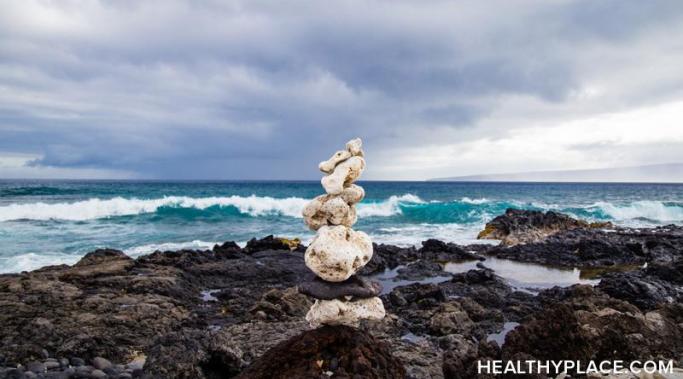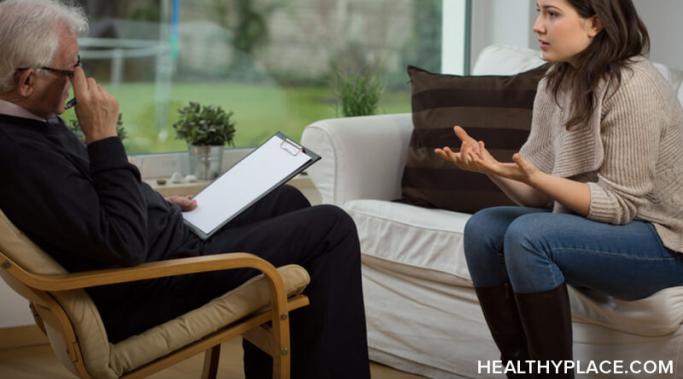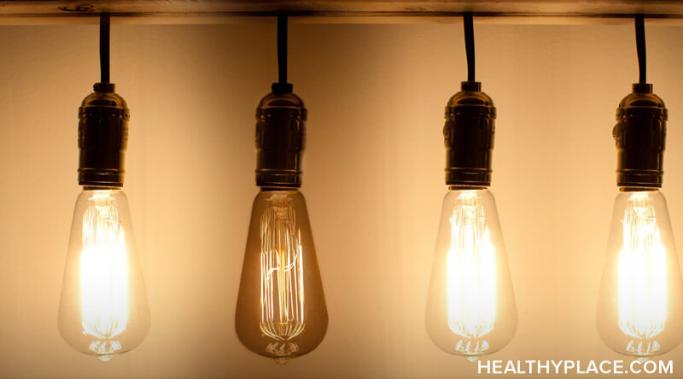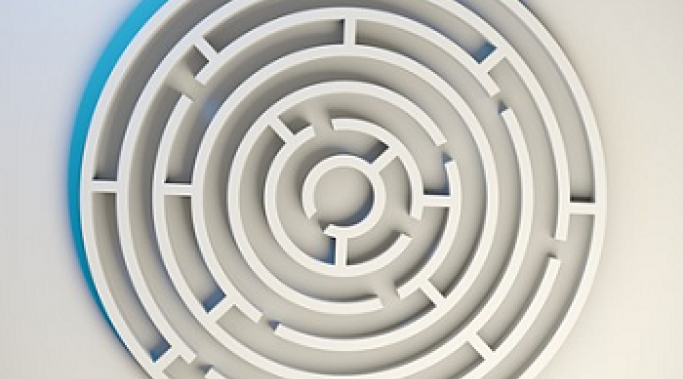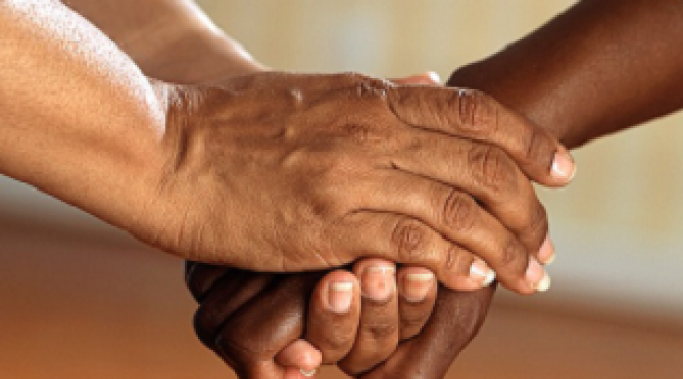Since making lifestyle changes for my depression, I find that moderation helped create a turning point for me in my ability to cope with my depression. Lifestyle changes that encourage moderation help me manage the ups and downs that depression throws at me. To moderate something is to make it less intense or extreme, which means that I try to balance my lifestyle in a way that averages out the good and bad bits of my experience. While everyone's life requires different sorts of balance, there are a few things that lifestyles encouraging moderation for depression really should embrace.
Coping with Depression
Depression counseling is a useful tool for anyone living with depression. Mental health counselors typically give advice on how to cope with depression and other mental illnesses, which is helpful when you feel you've run out of ideas. I read articles and implement new depression coping mechanisms endlessly, but sometimes I cannot give myself the help I need. I've been in and out of counseling for ten years with a wide variety of counselors, and while I didn't always like the counselor, the act of seeking professional counseling kept me on my toes as I managed my depression.
Depression makes it stressful for me to manage social interactions. My depression distorts my view of myself and of others, causing me to misinterpret social interactions. For example, when my self-loathing is especially intense, I often interpret short, lazy conversations with friends as evidence that I am disliked and irritating. I disregard variables like poor timing and busy schedules and move forward in my day with the actual belief that friends I've had for years are just talking to me out of pity. In this way and others, my depression stresses my social interactions.
Finding purpose to help you cope with depression is powerful in that it pushes you to do something instead of sitting still, and utilizing purpose can help you realize your worth. I often feel purposeless and self-indulgent, working towards nothing specific and, instead, moving towards unclear goals (Accomplishing SMART Goals with Bipolar Disorder). So my most recent coping endeavor is figuring out how to cope with depression through purpose
Emotionally preparing for a funeral when you have depression seems next to impossible. The days I spent preparing for my grandfather's funeral had me sick and my stomach filled with dread (Coping with Loss: Bereavement and Grief). My grandfather was my buddy, teaching me tons of things from how to drive to how to bake bread and his death hit me with a wave of memories and unprocessed emotions. Preparing to attend his funeral was daunting, especially with my depression at high intensity. I'll share a couple things I learned to better help you prepare for a funeral when depressed.
My experience with depression feels cliché, which means overused, lacking originality, or stereotypical. I've been increasingly frustrated by the dull redundancy of my depression and how irritatingly cliché depression generally seems, with the same old symptoms, assumptions, misunderstandings, and stigma struggles. I feel like I need to have new symptoms and fresh issues in order to maintain my depression's validity. But the frustrating reality is that depression doesn't just seem cliché, depression is cliché. There's nothing original about it.
Apathy in depression is the feeling of indifference towards yourself, your life, and those around you (What are the Symptoms of Depression?). Apathy in depression is uncomfortable and disappointing because it makes what you once cared about seem unimportant. My love of being active and working hard has been replaced with a black hole that sucks up my emotions and desires, making me a mess of I-don’t-cares and shoulder shrugs. I fear my apathy in depression and I resent the challenges that indifference creates.
Depression requires routine to successfully cope with the illness. Because depression is not routine, it is important and beneficial to establish patterns that structure the way you live in order to combat the surprises that depression can often throw your way. I'm finding that my depression affects me more the less I follow a routine. I am less capable of bouncing back from a bad brain day; I have less control over my rapidly shifting moods; I dismiss my basic needs (Depression Does Not Eliminate Your Basic Needs). I've learned the hard way that living well with depression requires routine.
Finding comfort in depression is diffictul, but not impossible. Coping with depression is already challenging and it can seem impossible to find comfort in the depths of depression. Whether I'm seeking comfort from others or I am attempting to comfort myself, I often find myself coming up empty handed (Depression Support: Why You Need It, Where to Find It). But the challenge of finding comfort in depression is worthwhile and beneficial to coping with the illness.
Coping with depression challenges my self-control in a unique way. I have excellent self-control when I’m having a good brain day; by which I mean when my day is bright and my mind feels light and unburdened. I practice self-care even if I don’t want to and I do what I need to do without complaint. But when I’m having bad brain days and my depression is at its most extreme, my self-control disappears. I make excuses to let myself off the hook for not practicing self-care by not using self-control to properly cope with my depression.
